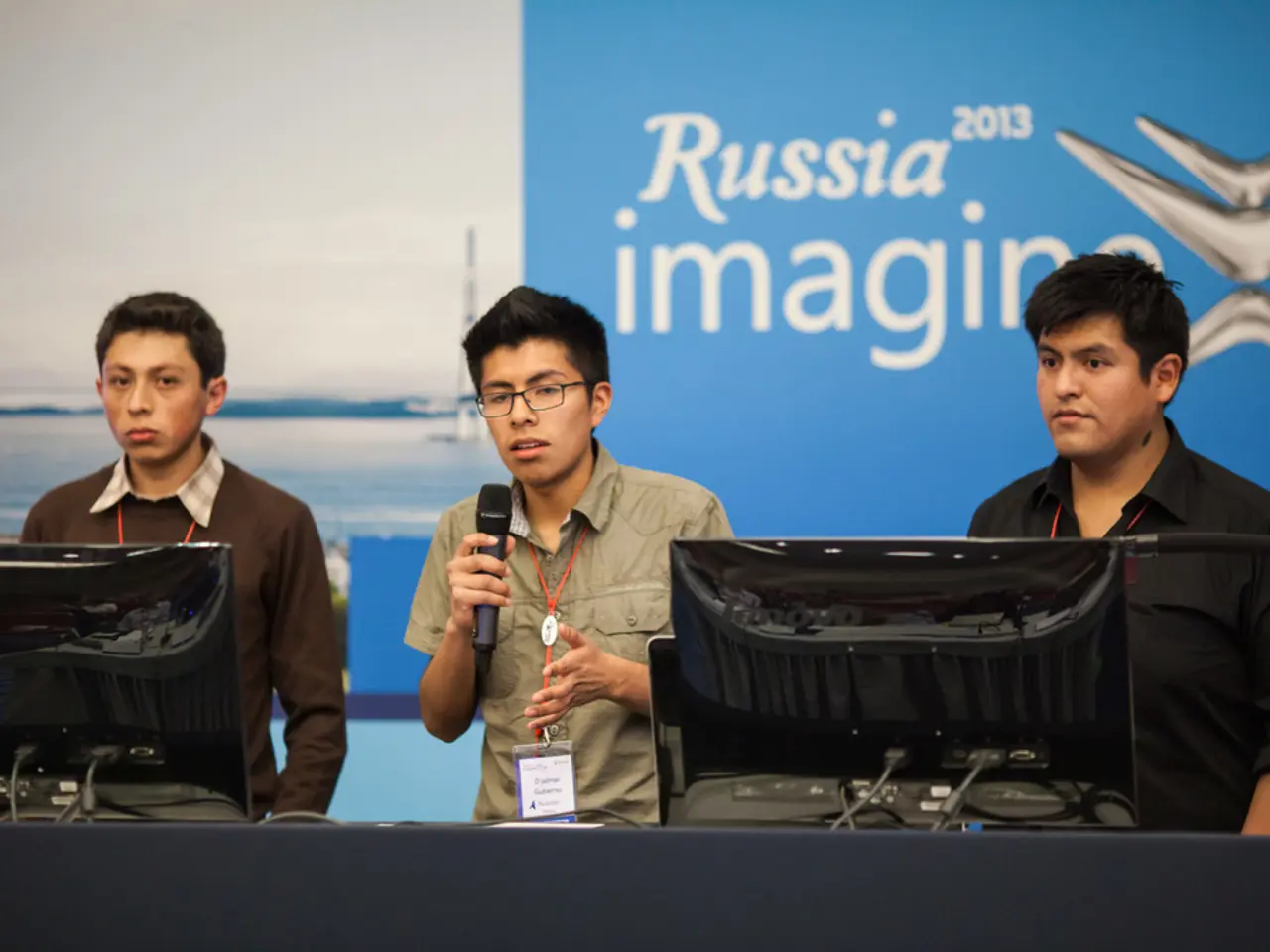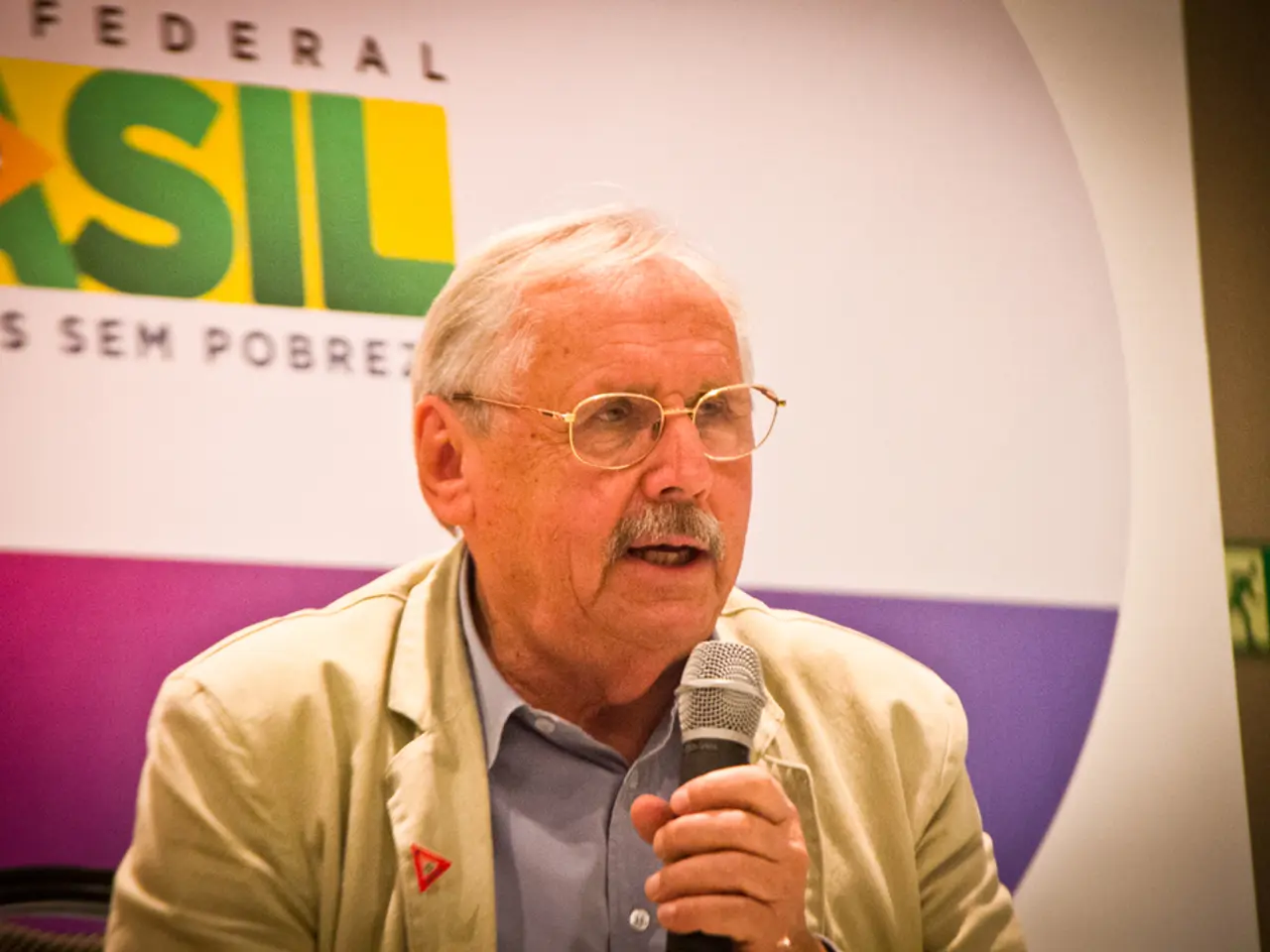Russia delivered 1,000 cadavers to Ukraine
After a three-year hiatus, bilateral negotiations between Russia and Ukraine took place in May and June, marking a significant milestone in the ongoing conflict. The exchange of bodies, facilitated by agreements made during peace talks in Istanbul, is a humanitarian development that could potentially pave the way for more comprehensive peace talks.
The exchange of bodies demonstrates some level of cooperation between the two nations in addressing humanitarian issues, which is seen as a positive step. This cooperation could lead to more substantial negotiations, improving international perceptions of both sides' willingness to engage in diplomatic efforts.
Moscow has officially handed over the bodies of 1,000 Ukrainian soldiers to Kyiv, while Ukraine has only returned fewer than 100 bodies of its dead. This discrepancy has been attributed to the fact that Russian troops are on the offensive and can thus collect their own casualties more easily. Experts interpret this discrepancy as evidence that Ukraine has significantly more casualties than Russia.
In return, Moscow claims to have received 19 Russian fighters. Vladimir Medinsky, Russian chief negotiator, confirmed the handover. Moscow has also offered to hand over an additional 2,000 bodies of Ukrainian soldiers.
Despite these positive developments, significant challenges remain. Issues like territorial disputes, security guarantees, and political objectives continue to complicate negotiations. The Russian annexation of Ukrainian territories and ongoing military actions complicate any potential peace agreement.
The talks in Istanbul aimed to find a way to end the Russian invasion. Both sides also submitted their demands for ending the war during the Istanbul talks. The negotiations, though a step in the right direction, indicate that their positions regarding the ending of the war are far apart.
Historically, most interstate conflicts end through negotiations. The exchange of bodies, as part of broader prisoner swap agreements, suggests that both sides are engaging in diplomatic efforts that could lead to a negotiated end to the conflict. The agreements reached in Istanbul, including the repatriation of bodies and POW exchanges, address key issues such as security guarantees and potential neutrality for Ukraine. These discussions can set the stage for more comprehensive peace talks, even if they are difficult and contentious.
Overall, while body exchanges and prisoner swaps are crucial humanitarian steps, they are part of a larger diplomatic process that will require substantial political concessions and international support to achieve a lasting peace.
The exchange of bodies not only signifies a humanitarian move but also a step towards diplomacy, as both sides demonstrate cooperation in policy-and-legislation matters, marking a possible shift in war-and-conflicts dynamics. The potential handover of 2,000 bodies by Moscow reflects Moscow's intention for policy-and-legislation progress, contributing to the general-news narrative of ongoing negotiations.





